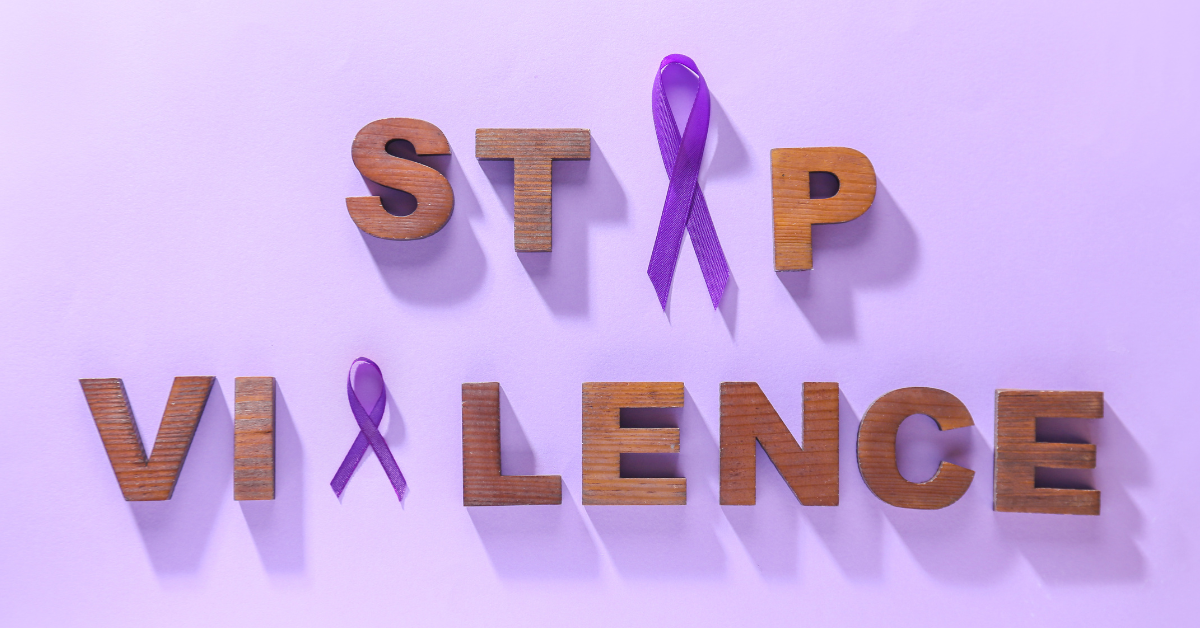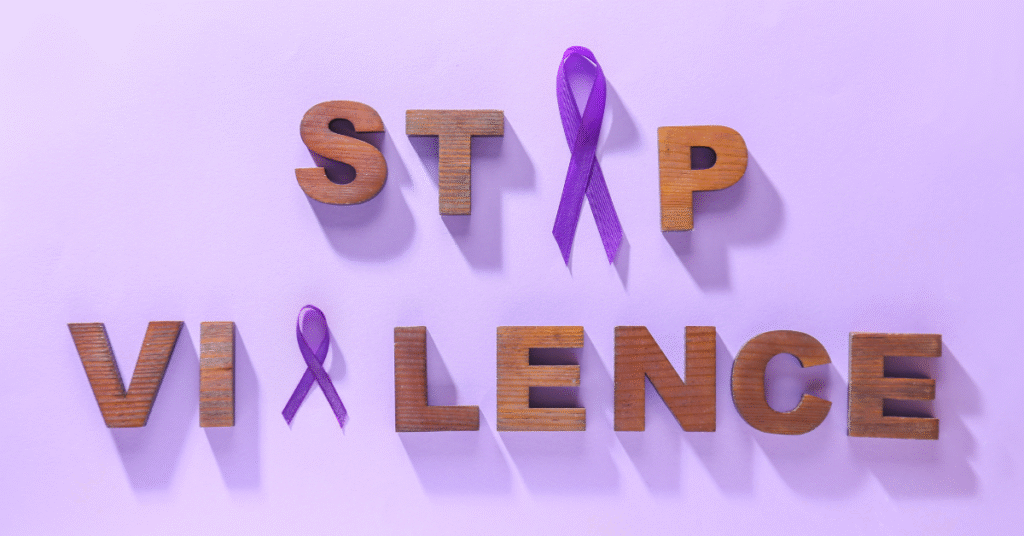Divorce is never simple, but when domestic violence is part of the story, it changes everything. The court must look beyond property, finances, or schedules — it must also consider safety, protection, and the emotional well-being of everyone involved.
In Washington, allegations of domestic violence can shape how judges handle custody, asset division, spousal support, and the overall direction of a divorce case. These situations require careful legal guidance and a compassionate understanding of trauma.
At Story Law in Bellevue, our family law attorneys have guided survivors and families through these difficult circumstances for decades. We focus on protecting your safety while helping you build a secure, hopeful future.
Understanding Domestic Violence in Family Law
Washington law defines domestic violence broadly. It includes physical harm, threats, stalking, harassment, intimidation, emotional abuse, and control within a family or intimate relationship.
Domestic violence can occur between:
- Married or divorced spouses
- Domestic partners
- People who share a child
- Individuals in dating relationships
- Family members or household members
In family law cases, even a single act of violence or threat can have serious legal implications. Courts treat these matters with urgency, especially when children are involved.
The Court’s Responsibility in Cases Involving Domestic Violence
When domestic violence is alleged or proven in a divorce, the court has an obligation to prioritize protection and safety above all else.
Washington courts operate under the principle that violence within a family affects every part of that family’s life. Judges take extra precautions to prevent further harm and to minimize the risk of intimidation or control through the legal process.
This approach influences how the court handles:
- Child custody and visitation
- Property and asset division
- Spousal support
- Restraining and protection orders
- The overall tone and timeline of the case
Protection Orders and Immediate Safety
When someone fears ongoing abuse, the court can issue a Domestic Violence Protection Order (DVPO). This order can:
- Require the abuser to leave the home
- Prohibit contact with the victim or children
- Restrict communication or proximity
- Provide temporary custody arrangements
Protection orders are often one of the first steps in divorce cases involving abuse. They create a legal barrier to help victims feel safer as the case proceeds.
At Story Law, we help clients file for immediate protection when needed — ensuring that every legal and personal step prioritizes their safety.
How Domestic Violence Affects Child Custody
In Washington, child custody decisions are based on the best interests of the child. When domestic violence is involved, courts take it extremely seriously.
Judges must consider whether abuse has occurred and whether a parent’s behavior poses any risk to the child. The court may:
- Limit or supervise parenting time for the abusive parent
- Require parenting classes or counseling
- Deny joint decision-making if one parent has committed domestic violence
- Adjust custody to protect the child’s safety and emotional health
If there’s evidence of abuse, the court’s focus shifts from shared parenting to protection and stability.
In many cases, a parent who has survived domestic violence may still need to co-parent with their abuser. Story Law helps families navigate those arrangements carefully, using legal protections to maintain boundaries and security.
The Impact on Property Division and Finances
Domestic violence can also affect how marital assets and debts are divided. Washington is a community property state, meaning assets acquired during marriage are typically split equally.
However, if one spouse used financial control or abuse — such as hiding money, preventing access to funds, or incurring debts to manipulate the other — the court can adjust the division to ensure fairness.
Judges also consider how abuse affected a spouse’s earning potential or ability to work. For example, if emotional or physical harm led to lost employment or career opportunities, that may influence spousal support (alimony).
Story Law’s attorneys review each case closely to identify financial imbalances caused by abuse and advocate for fair, just outcomes.
Emotional Abuse and Coercive Control
Domestic violence isn’t limited to physical harm. Washington courts recognize emotional abuse and coercive control as powerful and damaging forms of domestic violence.
Coercive control can include:
- Monitoring phone or online activity
- Isolating a partner from family or friends
- Controlling finances or major decisions
- Threatening self-harm or harm to others
- Repeated verbal degradation or intimidation
These behaviors create fear and dependency, which can deeply affect custody and divorce proceedings. Judges are increasingly aware of how these patterns shape power dynamics in relationships.
Our team at Story Law helps clients document these experiences and present them effectively in court, ensuring their story is heard and respected.
When Mediation Is Not Appropriate
While mediation and collaborative law can be effective for many families, they’re not always suitable when domestic violence is involved.
If one party has intimidated or controlled the other, a collaborative setting may not allow for open, safe communication. In such cases, litigation — or traditional court proceedings — may be necessary to ensure fairness and protection.
At Story Law, we assess each situation carefully. When appropriate, we explore respectful negotiation; when safety is at risk, we move swiftly through the courts to secure protective orders and clear legal boundaries.
How Litigation Works in Domestic Violence Divorce Cases
When abuse allegations arise, the court takes a more structured approach to ensure fairness and safety. The process may include:
- Temporary orders for custody, support, or protection
- Evidence hearings regarding allegations of abuse
- Expert testimony from counselors, social workers, or law enforcement
- Supervised visitation recommendations if children are affected
The judge evaluates all evidence before making any long-term orders. Story Law’s attorneys prepare each case with sensitivity, balancing compassion for the victim with firm legal advocacy.
Gathering Evidence in Cases Involving Abuse
Evidence is critical in cases involving domestic violence. Documentation can help demonstrate patterns of abuse and strengthen protection requests.
Useful evidence may include:
- Police or medical reports
- Texts, emails, or voicemails showing threats or harassment
- Witness statements
- Financial records showing control or isolation
- Photos or written accounts of injuries or damage
Story Law’s legal team helps clients organize and present evidence clearly, ensuring the court has the full picture before making life-changing decisions.
How Story Law Supports Clients Facing Domestic Violence
At Story Law in Bellevue, we understand how difficult it is to take legal action against someone who has caused harm — especially when children or shared finances are involved.
Our approach prioritizes:
- Safety: Helping clients secure protection orders and safe living arrangements
- Empathy: Listening without judgment and building trust through honesty
- Strength: Handling negotiations, litigation, and evidence collection with care and confidence
- Resolution: Focusing on long-term stability and healing for both parent and child
We combine our legal experience with compassion because we know these cases aren’t just about court orders — they’re about rebuilding lives.
Moving Forward with Strength and Safety
Divorces involving domestic violence are painful, complex, and emotionally draining — but they also represent an opportunity for safety and renewal.
With the right legal support, survivors can secure their freedom, protect their children, and begin healing.
If you’re facing divorce and domestic violence in Bellevue or the greater Seattle area, Story Law is here to stand beside you. Our family law attorneys will guide you through each step, protect your rights, and help you create a safer, brighter future.






